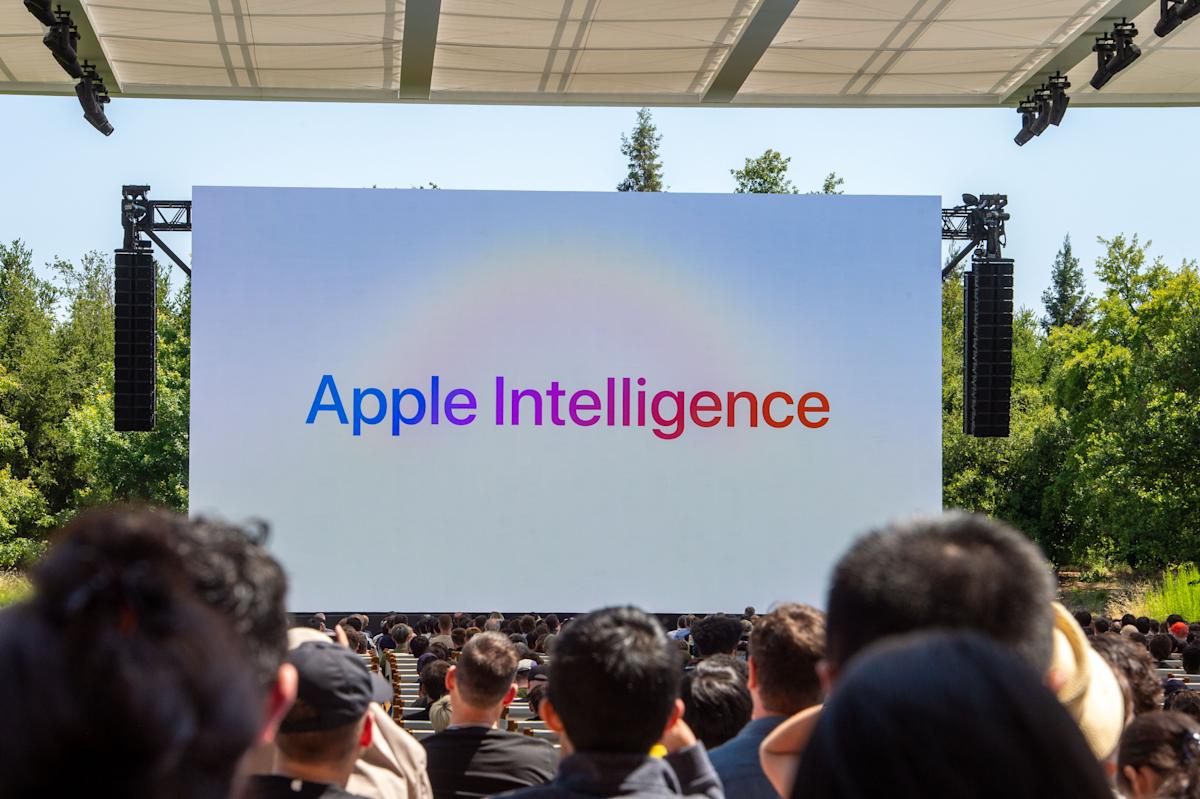
Meta Description: Authors sue Apple for allegedly using pirated books to train AI models without consent. This lawsuit could reshape how tech giants source training data.
Apple, long associated with user privacy and trust, faces a new copyright lawsuit. Two authors have filed a proposed class action accusing Apple of using their books without author consent to train its artificial intelligence models. Central to the complaint is the alleged use of the Books3 dataset, a collection of roughly 196,000 pirated books that has become a focal point in debates over AI training data and creator rights.
The Books3 dataset is part of a larger compilation widely used for training large language models. It reportedly contains copyrighted works scraped from shadow library sources without permission from authors or publishers. That practice has turned a powerful training resource into a source of intense legal scrutiny on issues of dataset copyright issues and data provenance.
While the dataset was removed from public access in 2023 amid legal pressure, companies that downloaded it may have already used it to shape the behavior of generative models. For AI developers and enterprise buyers, reliance on such sources creates growing demand for clean training data and verified licensing so models can meet enterprise compliance and ethical AI standards.
Authors Grady Hendrix and Jennifer Roberson filed the complaint seeking to represent a wider group of writers whose works they say were used without permission to train Apple models that support Apple Intelligence and OpenELM. The suit asks the court for:
The action echoes earlier disputes in the AI space where publishers and authors pursued compensation for unauthorized use of copyrighted content. Those prior cases resulted in multi billion dollar settlements in some instances and pushed conversations about formal content licensing frameworks for training datasets.
This case is not only about two books. It is part of a wider wave of AI copyright litigation challenging the notion that scraping publicly available material is automatically fair use. A ruling against Apple could create legal precedent that emphasizes author consent and clearer rules around intellectual property in AI training.
For organizations buying or deploying AI, uncertainty about training data provenance raises tangible liability concerns. Buyers may increasingly demand transparency about dataset sources and prefer models trained on licensed or verified content. This shift favors vendors that can demonstrate AI model transparency and proven data provenance.
Creators argue that their work underpins generative AI capabilities and that fair compensation and recognition are overdue. The dispute spotlights the need for industry mechanisms that balance innovation with respect for intellectual property. Topics likely to gain traction include standardized licensing for training corpora, revenue sharing models for creators, and technical approaches to ensure clean training data is used for commercial models.
Adoption of stronger content licensing practices and commitments to ethical AI could give companies a competitive advantage by reducing legal risk and aligning products with creator expectations. This case could accelerate those changes.
The lawsuit against Apple over alleged use of pirated books in AI training marks a potential turning point for how the tech industry handles training data. The outcome may clarify boundaries around fair use in the context of generative models and shape new norms for intellectual property AI governance. As the legal landscape evolves, companies that invest in transparent sourcing and licensed datasets may avoid costly disputes and strengthen trust with creators and customers.
For readers tracking AI policy and creator rights, this litigation underscores the growing importance of data provenance, content licensing, and ethical approaches to building generative AI.



